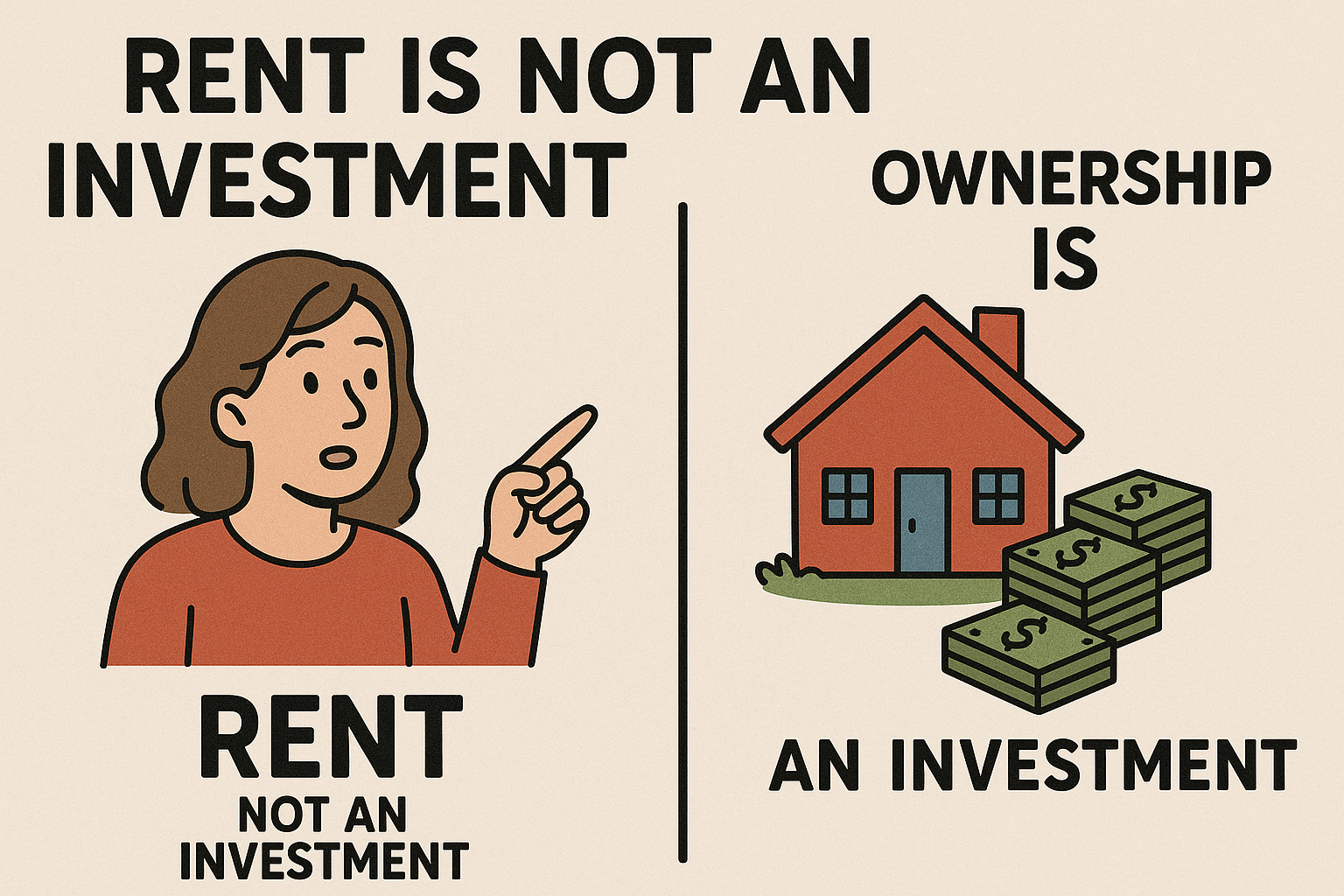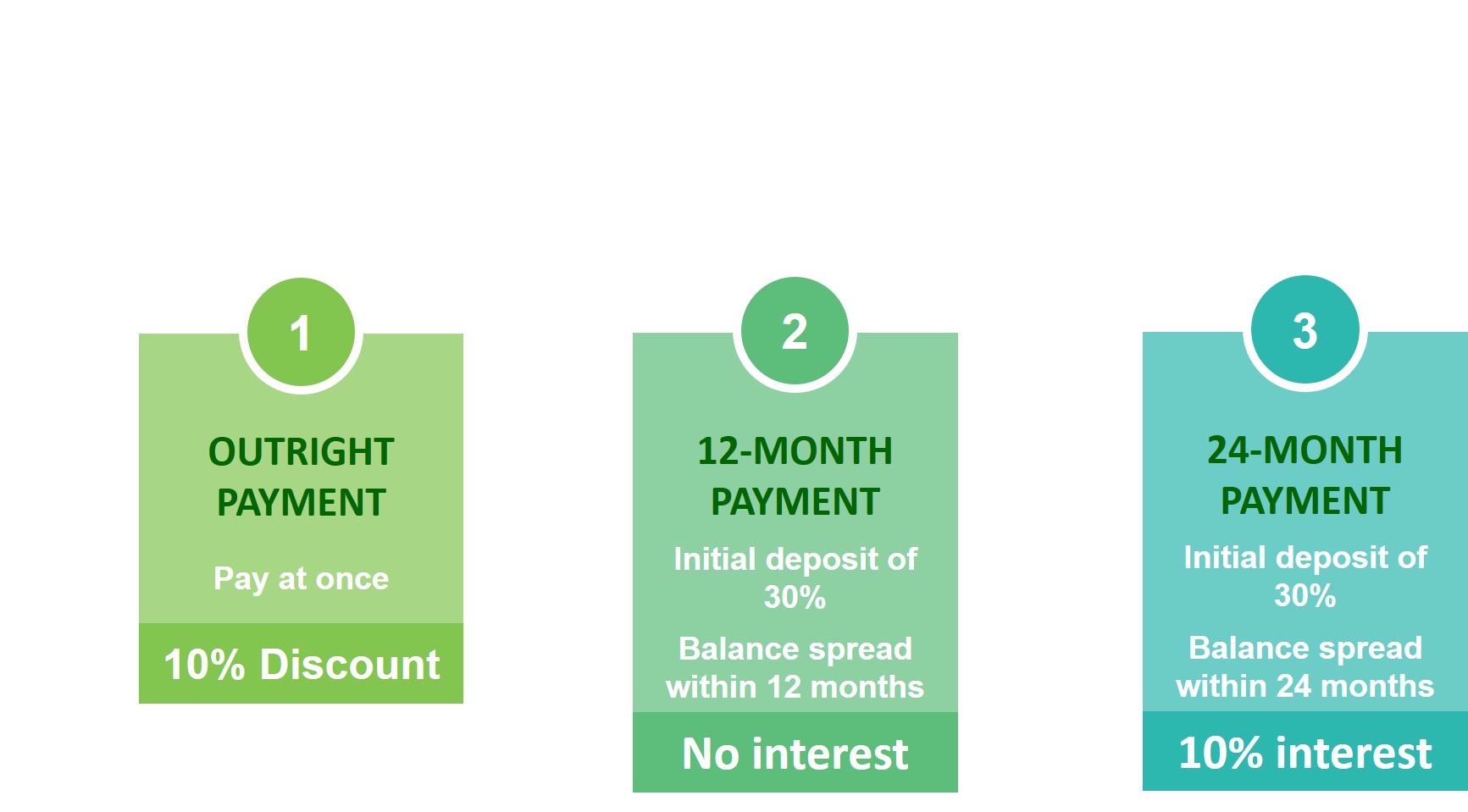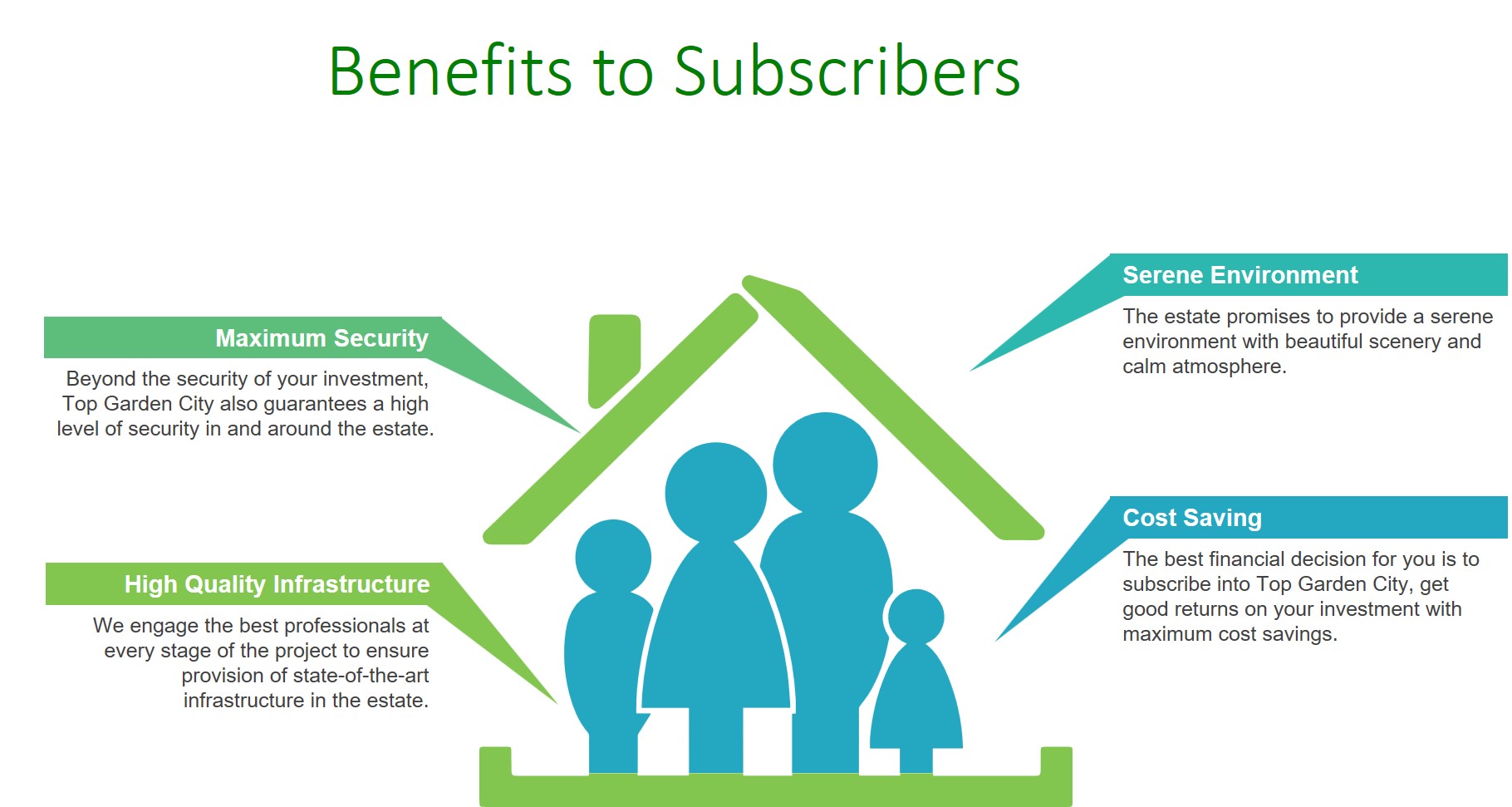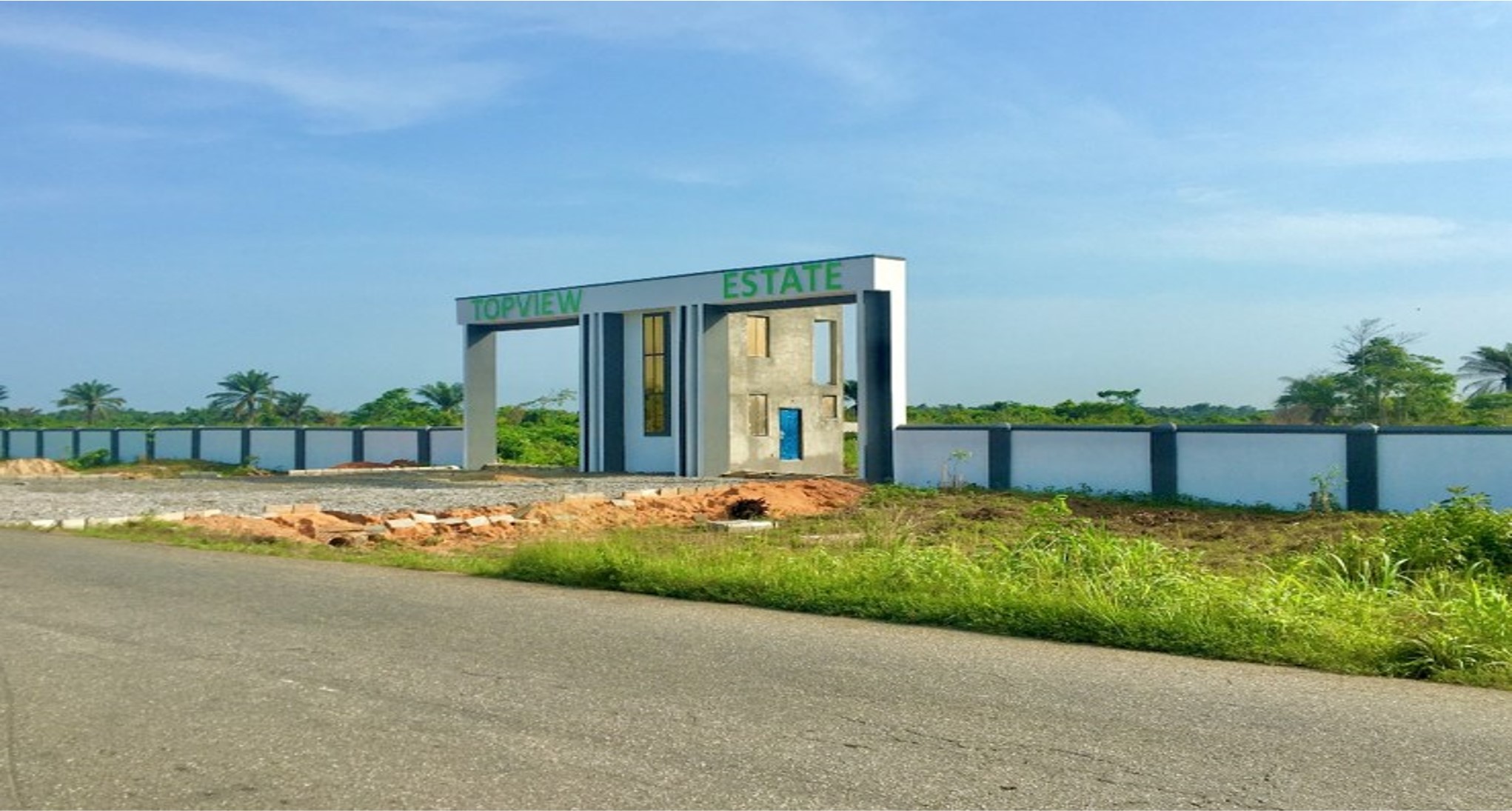Buying land or a house in Nigeria is a big investment. Whether you are an individual or an investor, making sure the property for sale has genuine documents is very important. In the real estate market, many people have been defrauded. Some buyers lose millions to fake land deals or illegal documents. But this can be avoided.
This guide will show you how to verify property documents in Nigeria. It is written in simple steps, making it easier for buyers, investors, and estate agents to avoid costly mistakes.
Why Verifying Property Documents Is Important
Let’s begin with why verification matters.
In Nigeria, land and property fraud are common. Sellers may claim ownership without proper rights. Others may show fake documents to make a sale. Some may even resell land that has already been sold to someone else.
If you don’t verify the documents, you may lose your money or be dragged into court battles. Also, the real estate laws in Nigeria are strict. If you build on land that isn’t properly documented, the government can demolish it.
So, before you pay for any property for sale, make sure the documents are real and valid.
Common Property Documents in Nigeria
Here are some of the most important documents you must check:
- Certificate of Occupancy (C of O)
This is one of the most recognized land documents in Nigeria. It proves that the government has given legal approval for the land to be occupied. - Deed of Assignment
This shows that ownership has been legally transferred from the seller to the buyer. It must be signed by both parties. - Governor’s Consent
Under Nigerian law, you cannot transfer land without the consent of the state governor. This document shows that the transfer is approved. - Registered Survey Plan
This helps you know the exact size and location of the land. It also shows if the land falls under government-acquired areas. - Tax Clearance Certificate
This proves that the seller has paid the necessary taxes, especially for commercial real estate properties. - Power of Attorney
If someone is selling land on behalf of the owner, this document shows they have the legal right to do so. - Excision and Gazette
If the land was once under government acquisition, you must confirm that it has been excised and published in the government gazette.
How to Verify Property Documents in Nigeria
Let’s walk you through the step-by-step process.
1. Work With a Trusted Real Estate Agent or Lawyer
First, never go alone. Use trusted estate agents or legal professionals. Choose those who are registered and experienced. They understand how to read land documents and check for hidden issues. Many fraud victims either went alone or worked with unqualified agents.
Also, professionals know how to spot red flags and take you through the verification process safely.
2. Request All Property Documents
Before any payment, ask for all necessary documents. These include:
- C of O
- Deed of Assignment
- Survey Plan
- Excision or Gazette
- Power of Attorney (if applicable)
- Governor’s Consent (for second buyers)
Don’t accept soft copies only. Insist on seeing the originals. A genuine seller will have no problem showing them.
3. Confirm the Survey Plan
Next, check the survey plan. This helps you know the land’s true location and size. But more importantly, it tells you if the land is under government acquisition.
To verify:
- Take the survey plan to the Surveyor General’s office in the state.
- They will run a search using the coordinates.
- You’ll get a report confirming whether it’s free or committed land.
Never skip this step. Many people buy land in real estate estates that are already marked for government projects like roads or drainage.
4. Conduct a Land Search at the Land Registry
This is the most critical step.
Each state in Nigeria has a Land Registry. This is where all registered lands and documents are kept. To verify a property for sale, go to the Land Registry in that state.
Provide the following:
- Property address or coordinates
- Name of the owner
- Copy of the C of O or Deed of Assignment
They will conduct a search and give you a report showing:
- Who the real owner is
- Whether the document is registered
- If there are any issues like court cases or pending loans on the land
In Lagos, for example, you can visit the Alausa Land Registry in Ikeja. Other states like Ogun and Abuja have their own registries.
5. Verify the Certificate of Occupancy (C of O)
If the seller provides a C of O, it must be checked.
To verify:
- Go to the Land Registry with a copy of the C of O.
- Ask for a land title verification.
- If it’s original, it will appear in the database.
Fake certificates are common in Nigeria, especially in Lagos and Abuja. With proper checks, you can avoid being scammed.
6. Confirm the Owner’s Identity
The person selling the land must be the actual owner. This might sound obvious, but it is often overlooked.
To confirm:
- Ask for a valid means of identification.
- Match the name with the one on the documents.
- If the land is being sold by someone else, request a Power of Attorney.
- Ensure it is signed and stamped by a lawyer.
Estate agents can assist you with this verification too. Don’t trust anyone based on word-of-mouth.
7. Check for Court or Family Disputes
Some lands are tied up in legal or family disputes. Even with correct documents, avoid buying if the property is under court case or family disagreement.
Ways to confirm:
- Ask questions in the community.
- Search court records (your lawyer can help).
- Speak to all family members if it’s family land.
If the land has multiple owners, make sure all of them agree to the sale.
8. Verify the Seller’s Tax Compliance
For developed real estate like houses or commercial buildings, check the seller’s tax status.
Ask for:
- Tax Clearance Certificate
- Evidence of payment of property taxes
Without these, the government can fine the buyer after purchase.
9. Demand a Proper Deed of Assignment
A Deed of Assignment is not just paper. It must be properly drafted, signed, and registered.
Make sure:
- It includes the correct names, land size, and location.
- It is signed by both parties.
- It is stamped by the government after purchase.
After signing, your lawyer or agent should submit it for registration at the Land Registry. That’s how ownership becomes legal.
10. Register the Property in Your Name
Once you buy, complete the transaction by registering the property in your name.
This includes:
- Paying stamp duties
- Applying for Governor’s Consent
- Submitting all documents to the Land Registry
Registration protects you from future disputes. Even if someone else comes later claiming ownership, your name on the register stands strong.
Bonus Tip: Be Careful With “For Sale By Owner” Deals
Many sellers market properties as “for sale by owner” to avoid using agents. While some are genuine, others are not.
In such cases:
- Insist on full document verification.
- Still use a lawyer or trusted agent.
- Do not make cash payments without receipts.
Buyers often fall into trouble by trusting family friends or neighbors. No matter how close they are, always verify.
Verifying property for sale in Nigeria is a process you should never skip. It protects you from fraud, legal battles, and financial loss. Whether you’re buying land, a condo, or a commercial building, always confirm that the documents are real.
Here’s a quick recap:
- Use trusted estate agents or lawyers.
- Check survey plans and conduct land searches.
- Verify ownership and register your purchase.
- Never rely on promises—verify every document.
At the end of the day, the real estate business in Nigeria is full of opportunities. But it rewards only those who are careful, smart, and legally protected. Don’t just look for cheap land. Look for secure land.
If you’re searching for genuine property for sale, homes for sale, or land for sale in Nigeria, our team of trusted real estate agents is here to help. We guide you from inspection to documentation—so your investment becomes your legacy.
Contact us today for verified listings and safe transactions.










